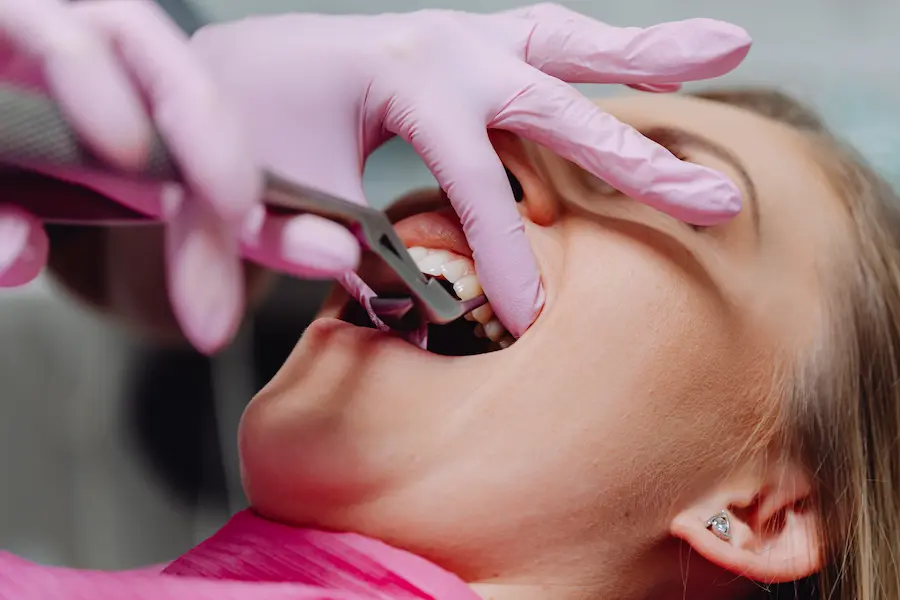Table of Contents
The Importance of Maintaining Oral Health
Poor oral health can lead to health issues like heart disease, diabetes, and stroke. Bacteria from the mouth can cause inflammation and further health complications. Consistent dental care prevents these issues and improves overall health. Regular visits to a dental office can significantly improve quality of life and overall well-being.
Understanding the Basic Dental Routine
A basic dental routine, including brushing, flossing, and rinsing with mouthwash, is crucial for maintaining oral health. Brushing twice a day with fluoride toothpaste strengthens tooth enamel and prevents decay. Flossing removes food particles and plaque from hard-to-reach areas. Mouthwash offers additional protection by killing bacteria and freshening breath but is not a substitute for brushing and flossing.
When to Visit the Dentist
Seeing your family dentist for routine dental checkups is essential for identifying possible problems early on and providing remedies before they worsen. They can enhance the results of gum disease, oral cancer, and cavity treatments. Professional cleanings eliminate plaque and tartar, and routine examinations allow patients to discuss any issues they may be having and ensure that all of their oral health needs are met.
Tips for Busy Individuals
Maintaining a dental routine can be challenging for busy individuals. Minor adjustments like carrying travel-sized dental products, using floss picks instead of traditional floss, setting phone reminders, and timing routines with other daily habits can make it more consistent. Integrating habits like chewing sugar-free gum after meals can also help increase saliva production and neutralize mouth acids.
Selecting the Right Dental Products
Choosing the right dental products is crucial for effective oral care. Use soft-bristled toothbrushes, fluoride toothpaste for tooth strengthening and decay prevention, and dental floss ranging from waxed to unflavored. Electric toothbrushes offer more thorough cleaning and timers for recommended brushing, making them popular.
Diet and Oral Health
The diet significantly impacts oral health, with sugary and acidic foods leading to tooth decay and erosion. Acidic foods, like candies and soft drinks, can erode tooth enamel. A balanced diet rich in fruits, vegetables, and dairy products can help clean teeth and neutralize mouth acids, promoting saliva production and the mouth’s natural defense against acids.
Common Dental Mistakes to Avoid
To improve oral care, avoid common dental mistakes like brushing too hard, flossing too often, using old toothbrushes too long, and not cleaning your tongue. Regular brushing and flossing can prevent enamel wear, gum irritation, plaque buildup, gum disease, and bad breath. Toothbrushes should be replaced every three to four months.
Conclusion
Maintaining a dental routine is crucial for overall health and well-being. Understanding dental care basics, making intelligent product choices, and balancing diet and hygiene are essential. Regular check-ups and consistency are critical. Prioritizing oral health enhances a radiant smile and promotes a healthier body and mind.

